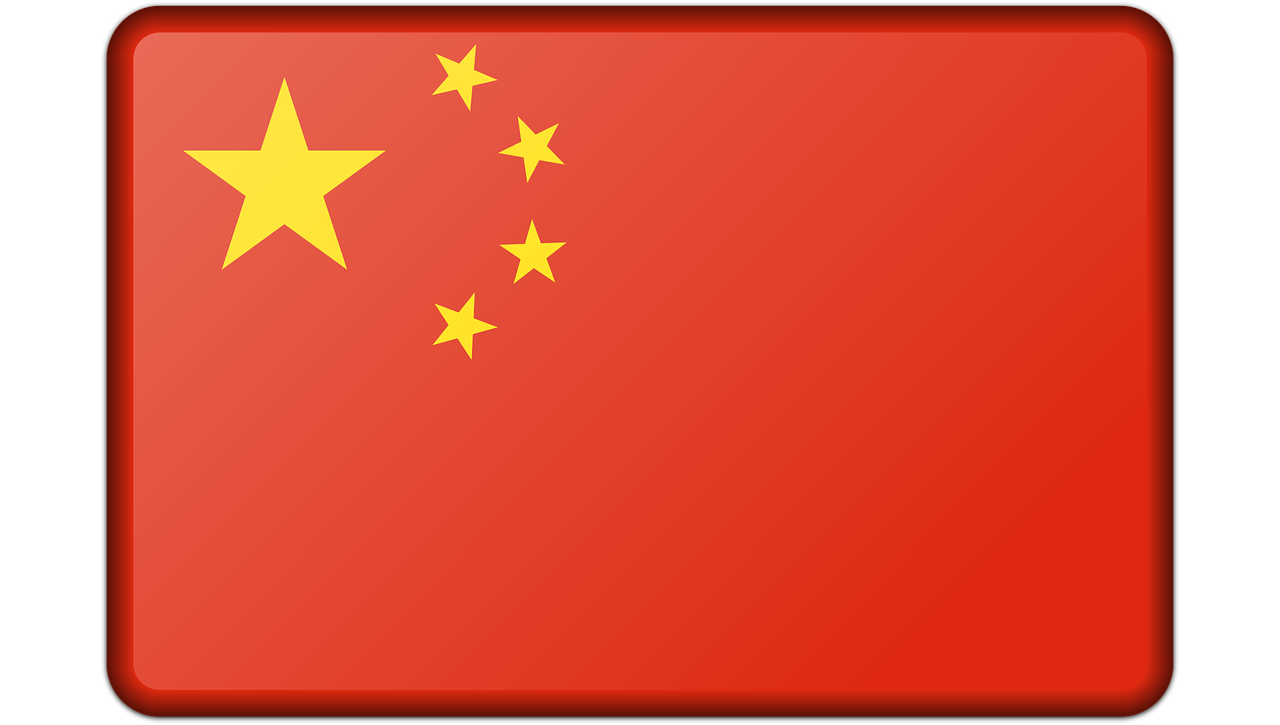Best 18 telegram trading channels for China
The Chinese market is one of the most dynamic and complex in the world. Its uniqueness stems from strict regulation, cultural nuances, and rapid technological advancement. For traders looking to engage with Chinese assets, understanding not only the basics of trading but also the specifics of the local market is crucial.

In this article, we’ll explore key aspects of trading on Chinese platforms—from selecting instruments to analyzing macroeconomic factors.
Key Features of the Chinese Market for Traders
Chinese stock exchanges differ significantly from Western ones. First, foreign investor access is restricted—direct trading is only possible through programs like Stock Connect (Hong Kong-Shanghai/Shenzhen) or QFII (quotas for institutional investors). Second, the Chinese market is heavily influenced by government policy. News about regulatory changes in the tech sector or shifts in credit policy can trigger sharp price movements.
Another key feature is high volatility. Chinese retail investors (who make up around 80% of the market) often act emotionally, creating additional risks. For example, the 2015 market crash—which saw a 30% drop in a month—was largely driven by panic selling among individual traders.
| Parameter | Value |
| Population | ~1.41 billion (2024) |
| Median age | 38.4 years |
| GDP per capita | ~$13,000 (nominal, 2024) |
| Internet penetration | ~75% (2024) |
| Number of stock exchanges | 2 (Shanghai, Shenzhen) + Hong Kong |
| Largest cities | Shanghai, Beijing, Guangzhou, Shenzhen, Chongqing |
A third important factor is differences in financial reporting. Chinese companies publish earnings under local standards (CAS), which may differ from GAAP or IFRS. This complicates fundamental analysis for foreign investors.
How to Trade Chinese Assets?
There are several ways to access the Chinese market:
- China-based companies listed in Hong Kong (H-shares)—Many major Chinese firms have dual listings (e.g., Tencent, Alibaba) and can be traded on the Hong Kong Exchange (HKEX) without restrictions.
- China-focused ETFs—Examples include iShares MSCI China (MCHI) and KraneShares CSI China Internet (KWEB).
- Futures and derivatives—Based on indices like the CSI 300 or Hang Seng.
For domestic Chinese stocks (A-shares), traders need a licensed broker or access to Stock Connect programs. Note that settlements occur in yuan (CNH/CNY), requiring a dedicated forex account.
Technical analysis works in China but requires adjustments for higher volatility. For instance, support/resistance levels are frequently broken due to speculative trading. Combining technical indicators (e.g., moving averages) with news monitoring is advisable.
Risks and How to Mitigate Them
The biggest risk is regulation. Chinese authorities can abruptly tighten rules for specific sectors (as seen with education stocks in 2021). To minimize exposure:
- Diversify your portfolio (avoid allocating more than 10–15% to a single sector).
- Monitor announcements from China’s State Council and the People’s Bank of China.
- Use stop-losses, especially in futures trading.
Liquidity is another concern. Some stocks (particularly small-caps) may have wide spreads. Focusing on blue chips (Ping An, Meituan, BYD) or ETFs is safer.
The Future of the Chinese Market
Despite risks, China remains one of the most promising markets for long-term investment. Key trends include:
- Tech and green energy—The government actively supports these sectors.
- Growing domestic consumption—A rising middle class benefits consumer stocks.
- Gradual market liberalization—China is slowly opening up to foreign capital.
Here are the most popular Telegram channels among traders in the country
| Title | Telegram channel address | Number of subscribers | Language | |
| 1 | Timely push of dynamic information [Luo Sheng Criss Trading Studio] | https://t.me/Criss215197 | 18 585 | Chinese |
| 2 | Gooaye Femoral cancer | https://t.me/Gooaye | 103 308 | Chinese |
| 3 | Chinese KILLER WHALE 🐳 | https://t.me/CHINESE_KILLERWHALE | 9 335 | Chinese |
| 4 | Time Economic Observation | https://t.me/TimeHorizonX | 19 813 | Chinese |
| 5 | Analyst Guo Zherong-Taiwan’s most popular financial Channel | https://t.me/a178178 | 65 185 | Chinese |
| 6 | Super big Winner-Eagle Ding Chao | https://t.me/eagle3008 | 6 993 | Chinese |
| 7 | 12Invest Investment and financial management sharing station | https://t.me/public12invest | 10 397 | Chinese |
| 8 | The history of wealth, the economy, the remnant, the history of coolness. | https://t.me/CruelsHistoryOfFinancial | 9 676 | Chinese |
| 9 | BlockBeats | https://t.me/theblockbeats | 30 865 | Chinese |
| 10 | Actual Sales Strategy : Market Timing | https://t.me/stockgrandmaster | 8 725 | Chinese |
| 11 | InvestingNote Malaysia | https://t.me/investingnotemalaysia | 2 448 | Chinese |
| 12 | Warrant brother | https://t.me/stock168 | 9 491 | Chinese |
| 13 | 八Eight agency platforms to build a package network service payment B-side 5️️5️%% dividend recruitment agency European Cup World Cup sports agency cooperation official joint venture🏆 | https://t.me/HTH_HYB | 111 138 | Chinese |
| 14 | Cai Lianshe VIP Article Sharing | https://t.me/clsvip | 17 089 | Chinese |
| 15 | 【Jiajia🌐 Stock Market News, Watch every day】 | https://t.me/stockbuddynews | 2 861 | Chinese |
| 16 | SoSoValue Chinese | https://t.me/SoSoValue_CN | 3 601 | Chinese |
| 17 | XAU / USD | https://t.me/ForexKingK | 8 357 | English |
| 18 | Global Jucai Bank-Payment-Cash Delivery-Exchange | https://t.me/QQDD999 | 107 382 | Chinese |
FAQ on Trading in China
1. How can I buy Alibaba or Tencent shares?
—Via a broker with HKEX access or through U.S. ADRs (e.g., BABA on NYSE).
2. Why are Chinese stocks so volatile?
—Due to high retail investor participation and frequent government intervention.
3. Which indices track the Chinese market?
—Major ones include CSI 300 (large-cap China stocks), Hang Seng (Hong Kong), and MSCI China.

